Google Is Paying AI Engineers to Do Nothing—Here’s the Shocking Reason
In the high-stakes race for AI dominance, Google is taking an unconventional route: hiring top tech talent and paying them handsomely—just to wait.


In an unprecedented strategy to dominate the artificial intelligence (AI) landscape, Google is reportedly compensating some of its AI engineers to remain inactive for up to a year. This approach aims to prevent these experts from joining rival companies like OpenAI and Microsoft.
The Strategy: Extended Garden Leave
According to a report by Business Insider, Google's AI division, DeepMind, has implemented extended noncompete agreements for certain UK-based employees. These agreements, sometimes lasting up to 12 months, place employees on "garden leave," during which they are paid but prohibited from working for competitors.
While noncompete clauses are common in the tech industry, the duration and enforcement of these agreements at DeepMind have drawn attention. Typically, such clauses last around six months, but some senior researchers, particularly those involved in projects like Gemini AI, face year-long restrictions.
Industry Reactions and Employee Concerns
The practice has sparked debate within the tech community. Nando de Freitas, a former DeepMind director and current Vice President at Microsoft AI, highlighted the issue on social media. He noted that DeepMind employees frequently reach out, seeking advice on escaping these restrictive contracts.
Critics argue that such extended garden leaves can hinder professional growth, especially in a rapidly evolving field like AI. One former DeepMind employee remarked, "A year is forever in the world of AI," emphasising the potential career stagnation caused by prolonged inactivity.
Google's Justification
In response to the criticisms, Google maintains that its employment contracts align with industry standards. The company asserts that noncompete clauses are used selectively to protect its legitimate business interests, particularly concerning sensitive projects.
The Bigger Picture: AI Talent Wars
Google's strategy reflects the intense competition among tech giants to secure top AI talent. OpenAI, for instance, has reportedly offered compensation packages ranging from $5 million to $10 million to lure AI experts from companies like Google.
This aggressive talent acquisition underscores the high stakes in the AI industry, where the demand for skilled professionals far outpaces supply. By retaining key personnel, even if it means paying them to stay inactive, companies aim to maintain a competitive edge in AI development.
Conclusion
Google's approach of compensating AI engineers during extended noncompete periods illustrates the lengths to which tech companies will go to retain top talent. While this strategy may prevent knowledge transfer to competitors, it also raises questions about employee autonomy and the broader implications for innovation in the AI sector.





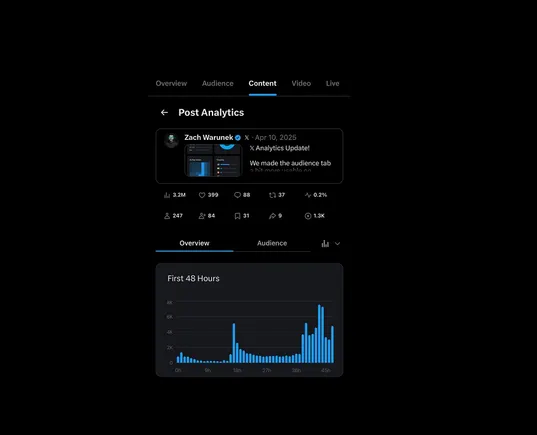


























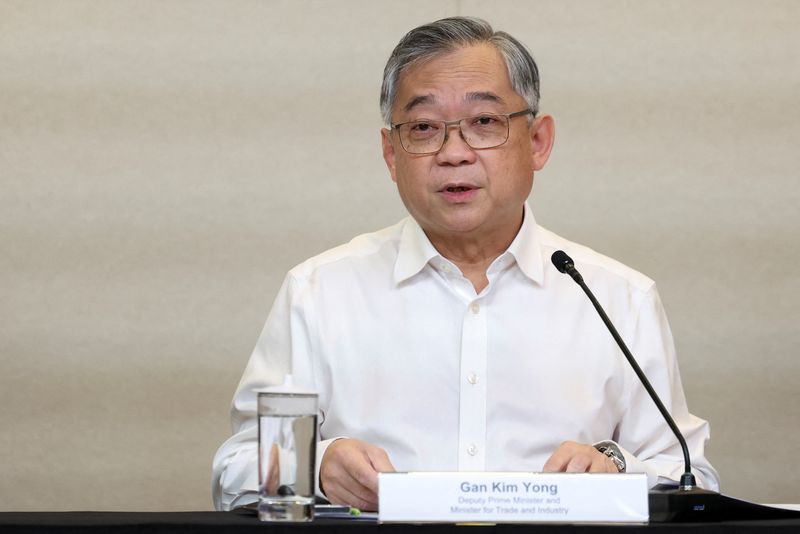












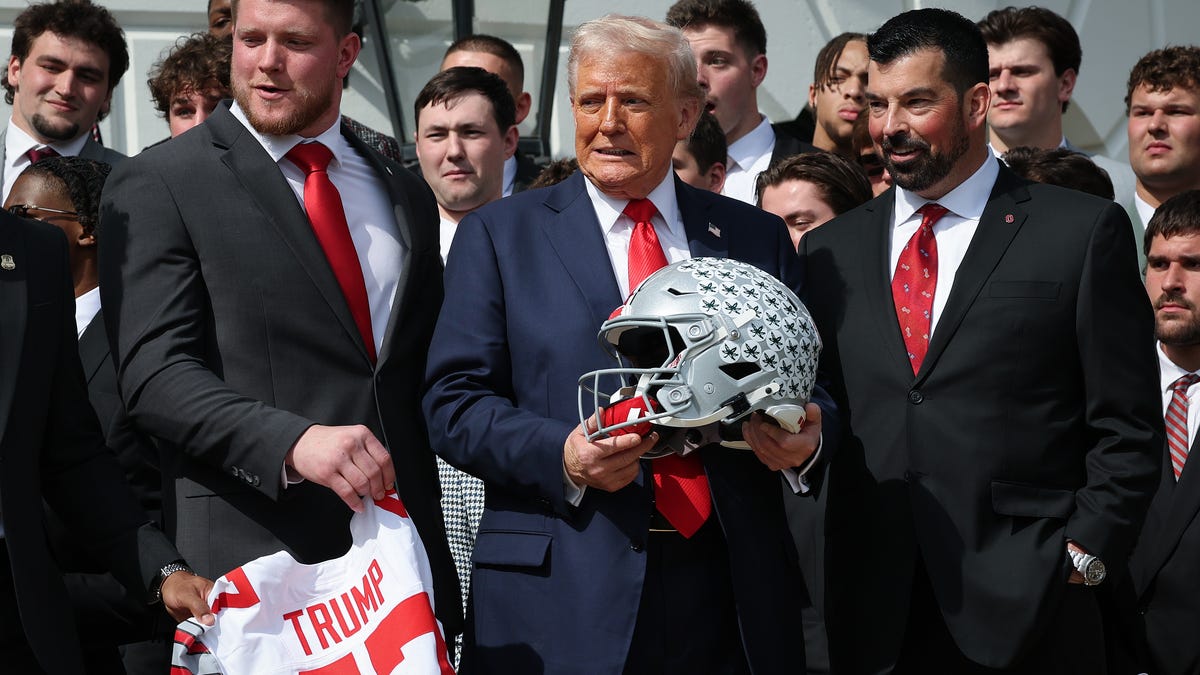
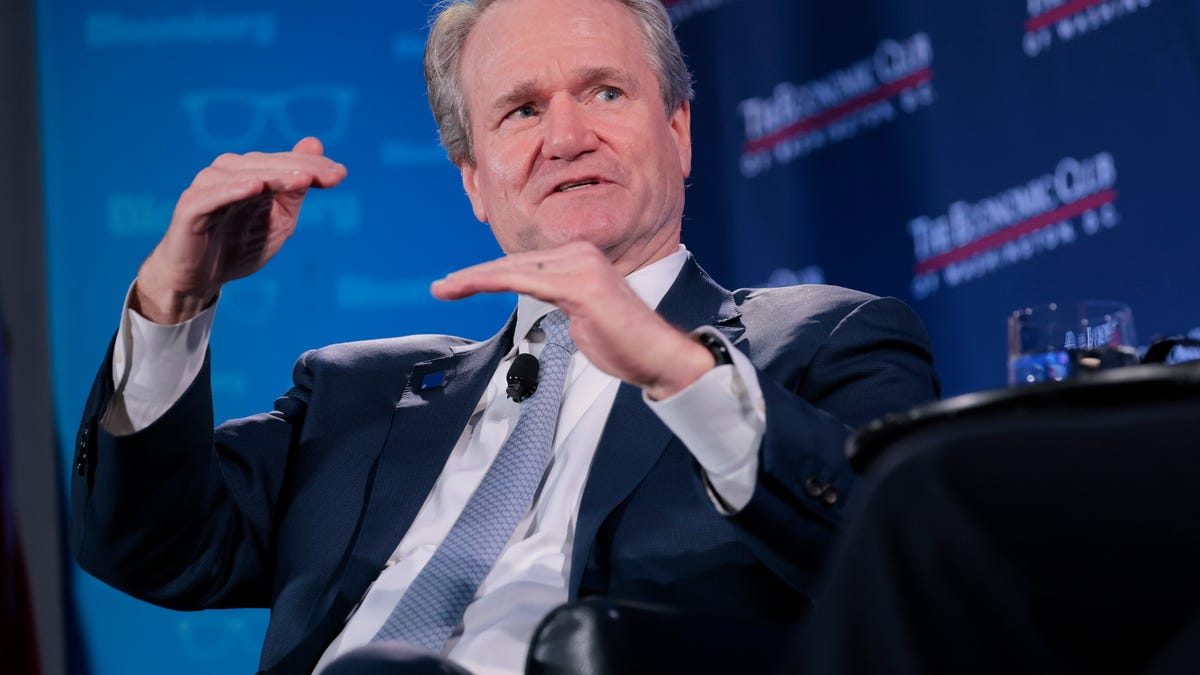






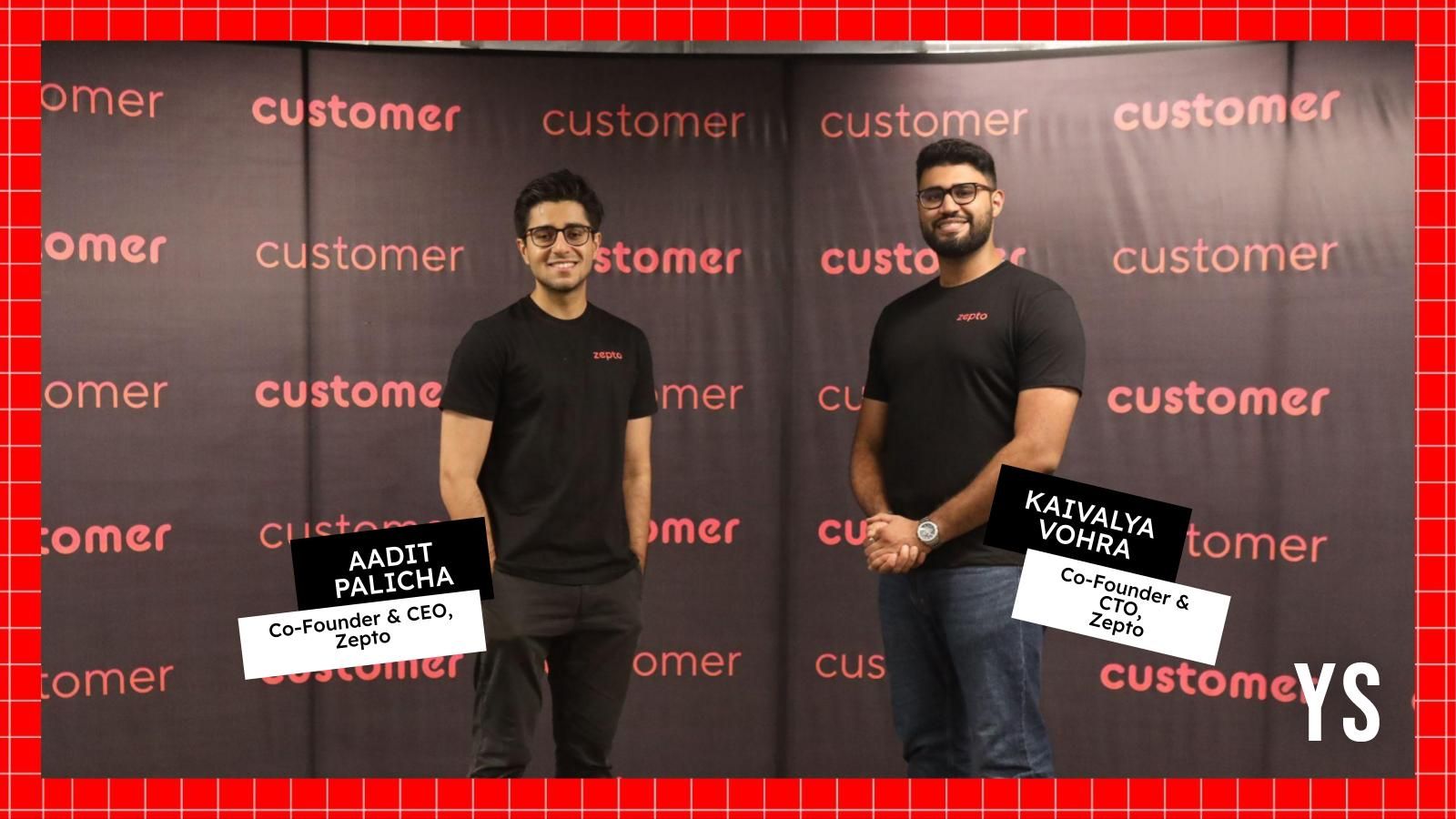


















































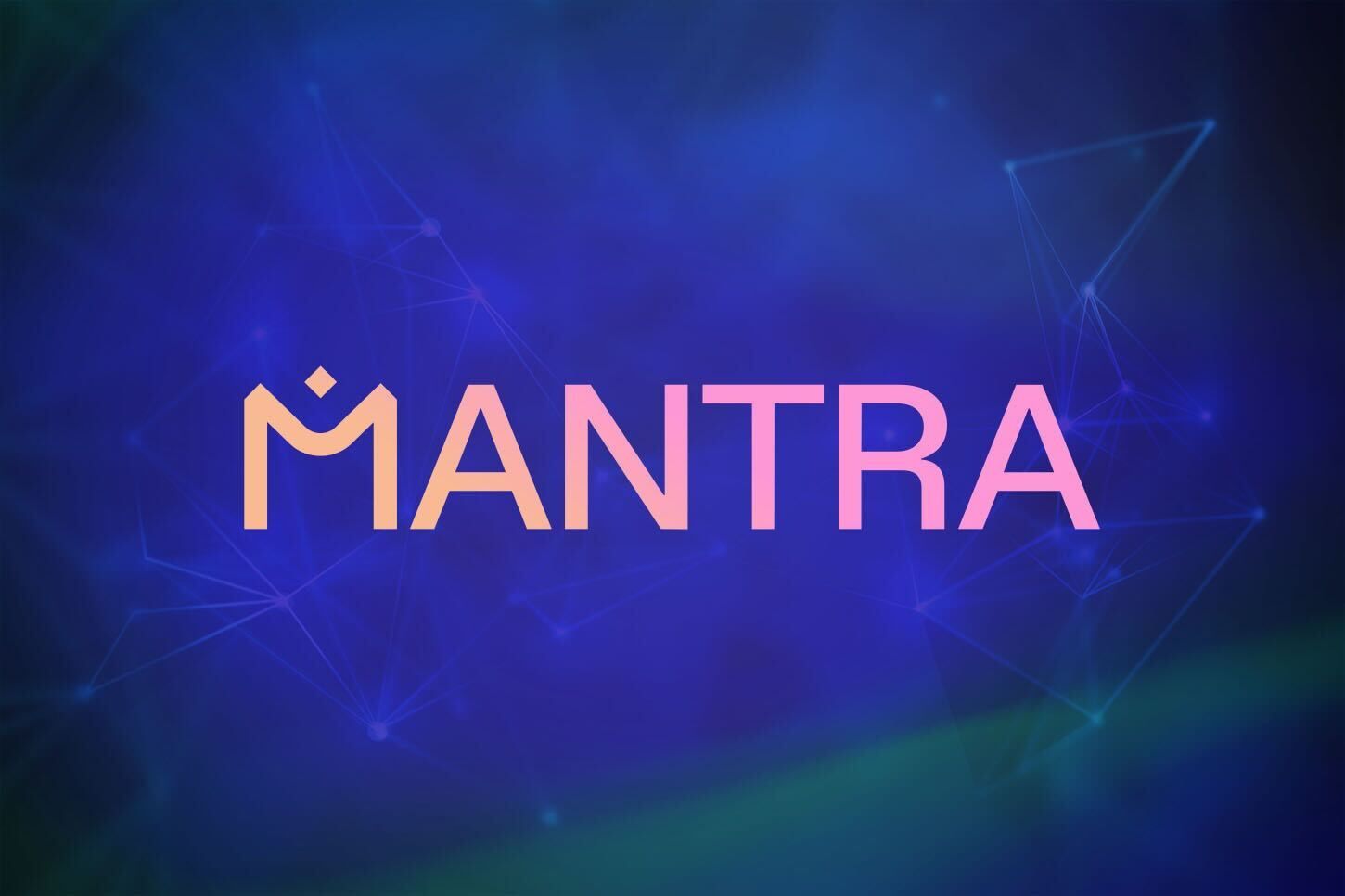







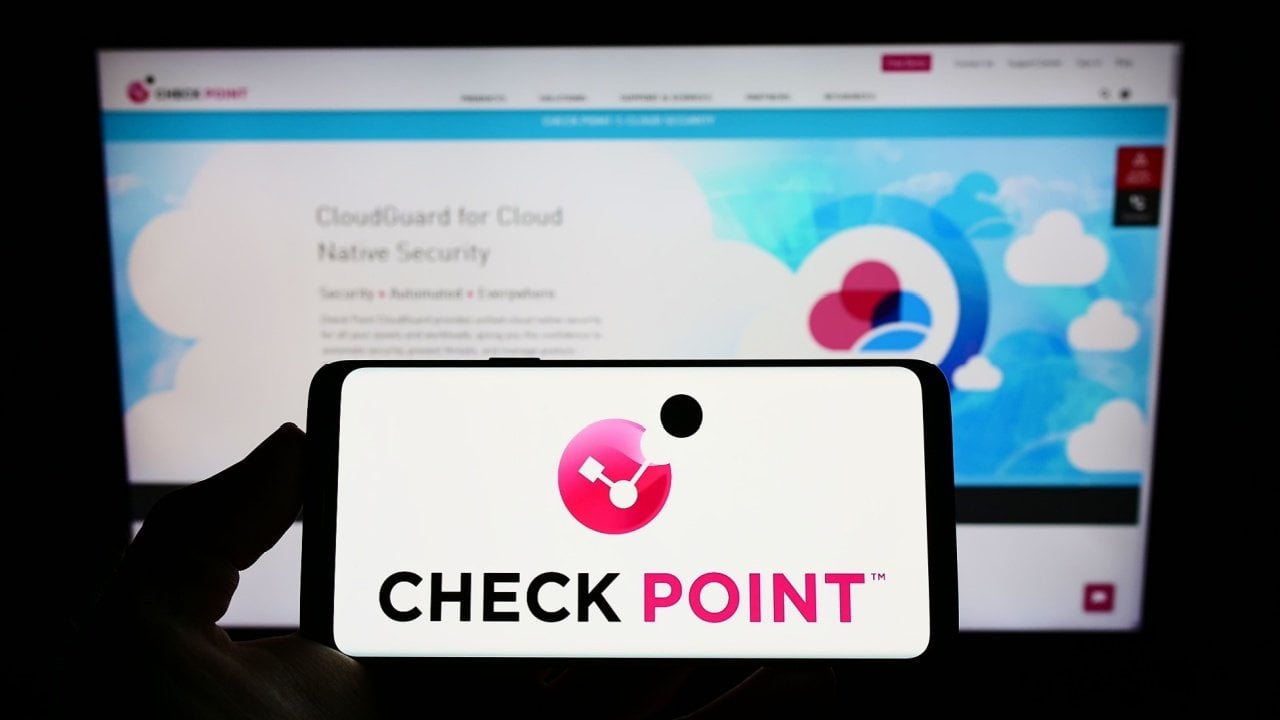
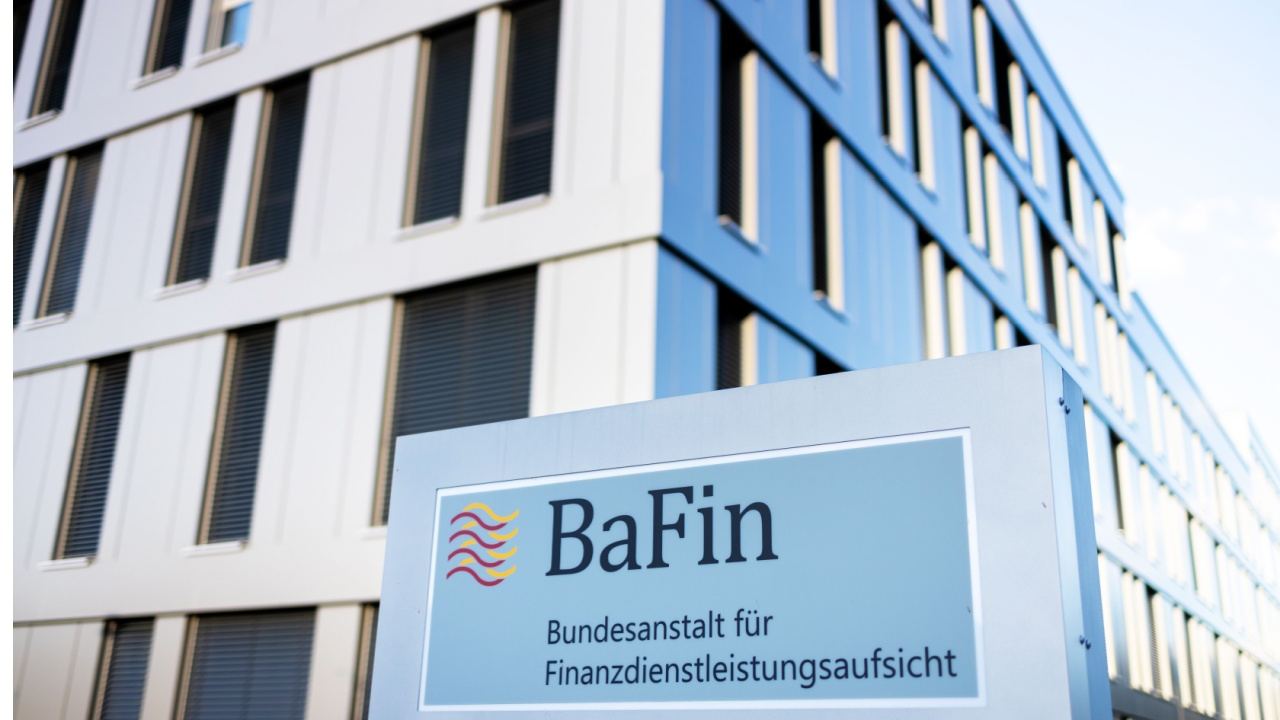


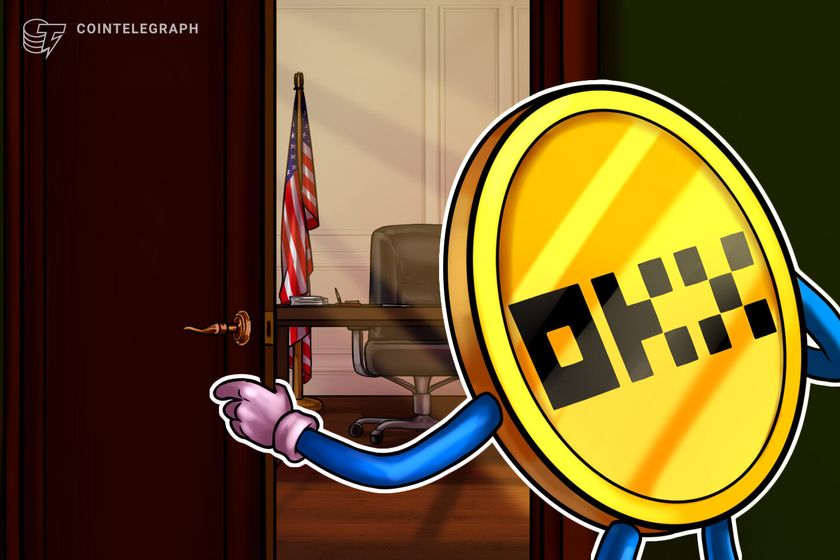






















![Daredevil Born Again season 1 ending explained: does [spoiler] show up, when does season 2 come out, and more Marvel questions answered](https://cdn.mos.cms.futurecdn.net/i8Lf25QWuSoxWKGxWMLaaA.jpg?#)









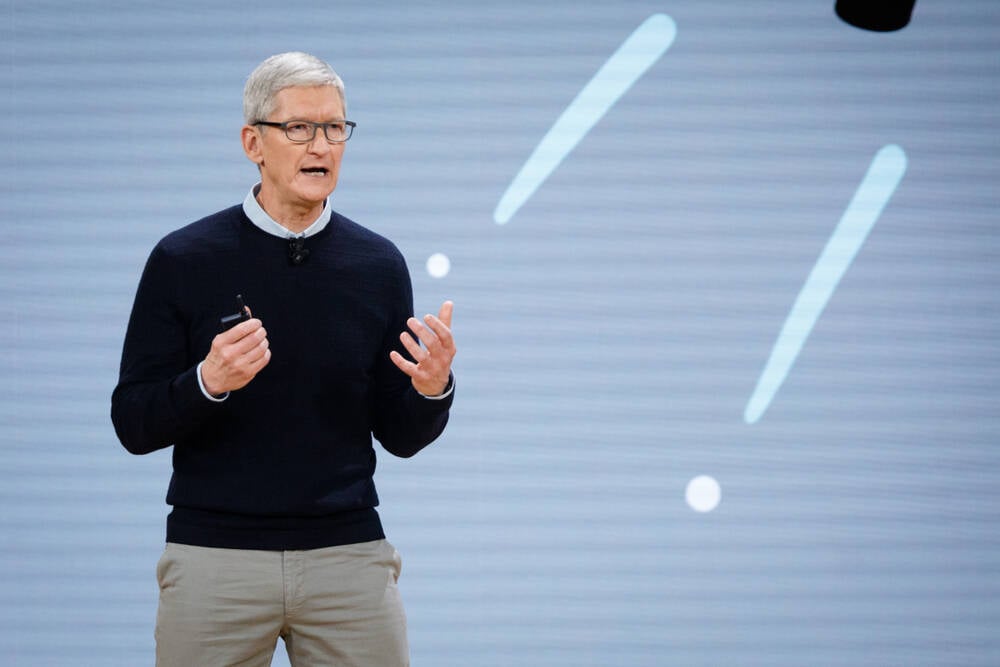


























.jpg)

















![How to Find Low-Competition Keywords with Semrush [Super Easy]](https://static.semrush.com/blog/uploads/media/73/62/7362f16fb9e460b6d58ccc09b4a048b6/how-to-find-low-competition-keywords-sm.png)



